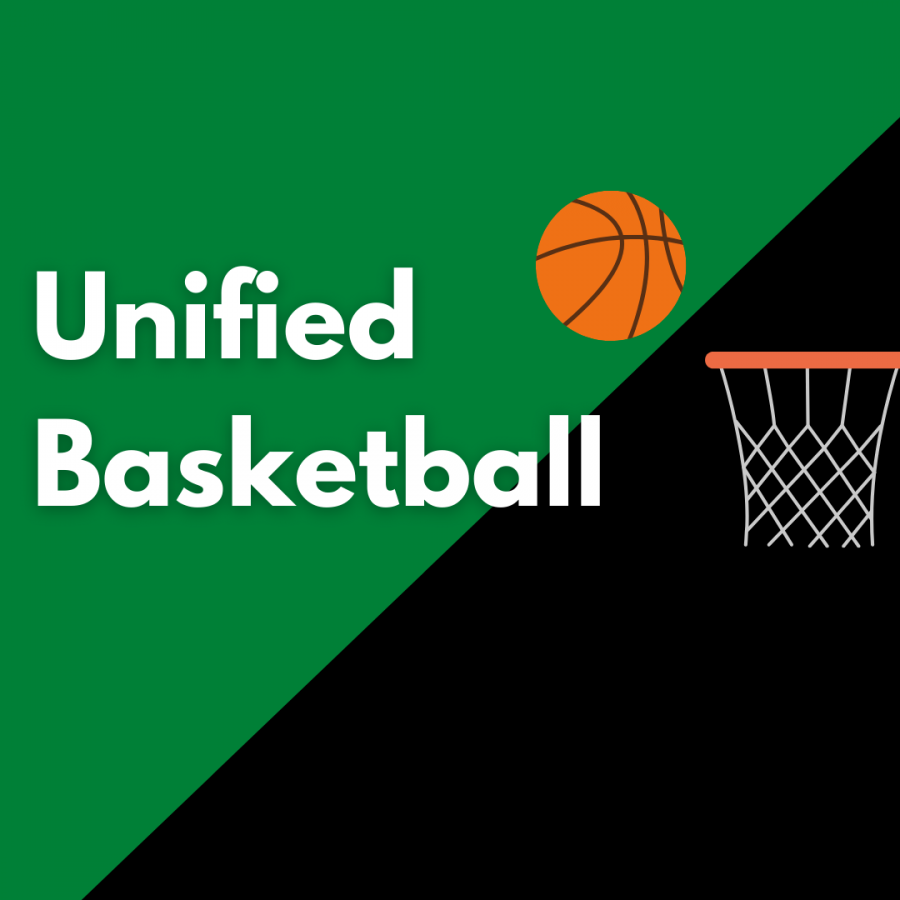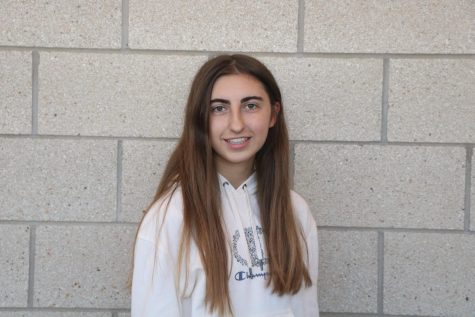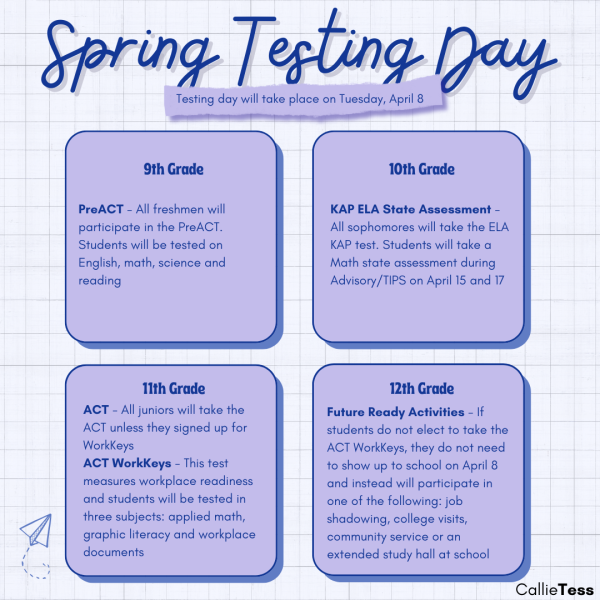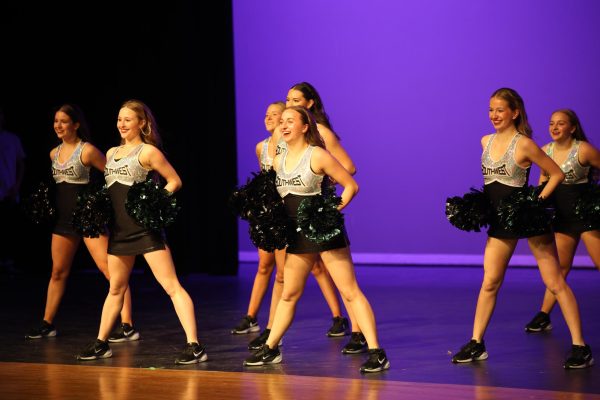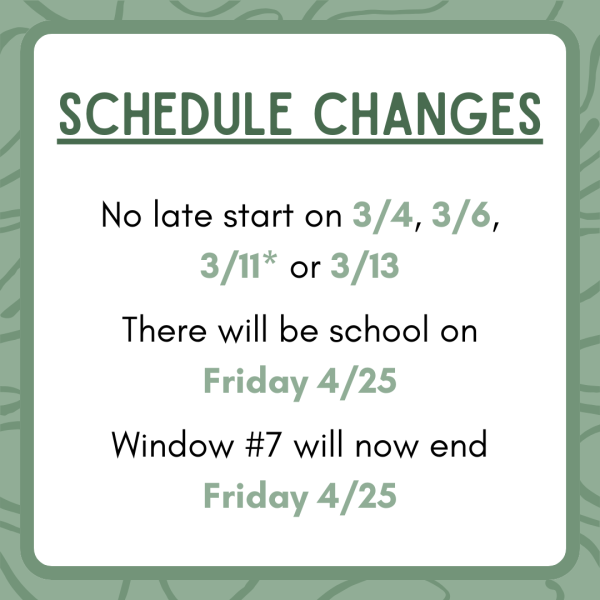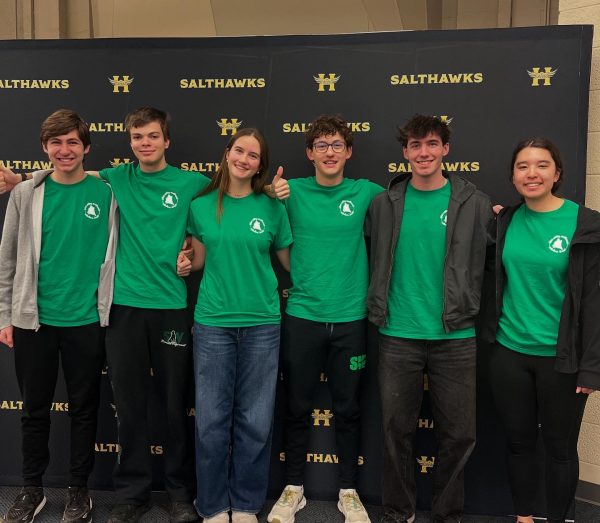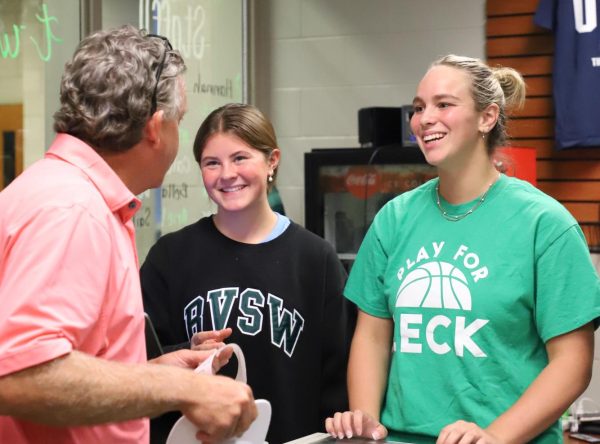Unified Sports expands at the high school level
Unified Sports is a program created to promote social inclusion between people with and without intellectual disabilities through practice and competing in sports. Students of the same age with and without intellectual disabilities are combined in a team together and compete against other teams.
The program was founded by Special Olympics North America in 2008 and was adopted by Kansas Special Olympics shortly after. Julie Armistead, Special Resources teacher at Aubry Bend Middle School, brought the program to Aubry Bend and has been running it with teacher Jackie Malec since 2013. It gradually moved over to Blue Valley Southwest High School after the students from Aubry Bend grew up and became students at Southwest. Along with two student leaders, Senior Katie Morrison and Junior Addison Wilcott, they have grown the program at Southwest.
Every year, teams can play three different sports, with one being offered for each season. However, Special Olympics Kansas and KSHSAA have created unified bowling, which is also being offered at Southwest.
“In the fall, we always have basketball, in the winter, we have bocce, and in the spring, we have soccer,” Armistead said. “They started this year in conjunction with KSHSAA, they started unified bowling, which is now a KSHSAA recognized sport and Mrs. Pinto at your school is in charge of that this year.”
The teams are made up of students who are either athletes or partners. Athletes are students who have an intellectual disability and partners are students who do not have an intellectual disability. An athlete and partner are then paired up with one another and they play on a team together.
“[Athletes are] students with identified intellectual disabilities, or someone who identifies as someone with an intellectual disability,” Armistead says. “Sometimes [partners are] just kids that are like, you know, I’d like to do some things, do something in my free time, but I don’t want to be on a team necessarily.”
For six weeks, the teams meet every week and practice specific sports skills. After the six weeks of practice, they then compete in a tournament against other teams.
“ We work on dribbling, we work on passing, we work on shooting the ball, we work on defense,” Armistead said. “[Athletes] get to see their peers doing the activity and modeling, how do you dribble the ball.”
This program is both beneficial to the athletes and the partners in many different ways. It allows the athletes to learn conversation skills and teamwork and it allows the partners to learn how to teach someone a new skill and how to be compassionate towards someone who is different than them.
“[Athletes] learn to have conversations with people about different things,” Armistead said. “[Partners] learn how to teach someone a skill. They learn a lot about themselves, and how they can grow as a person.”


